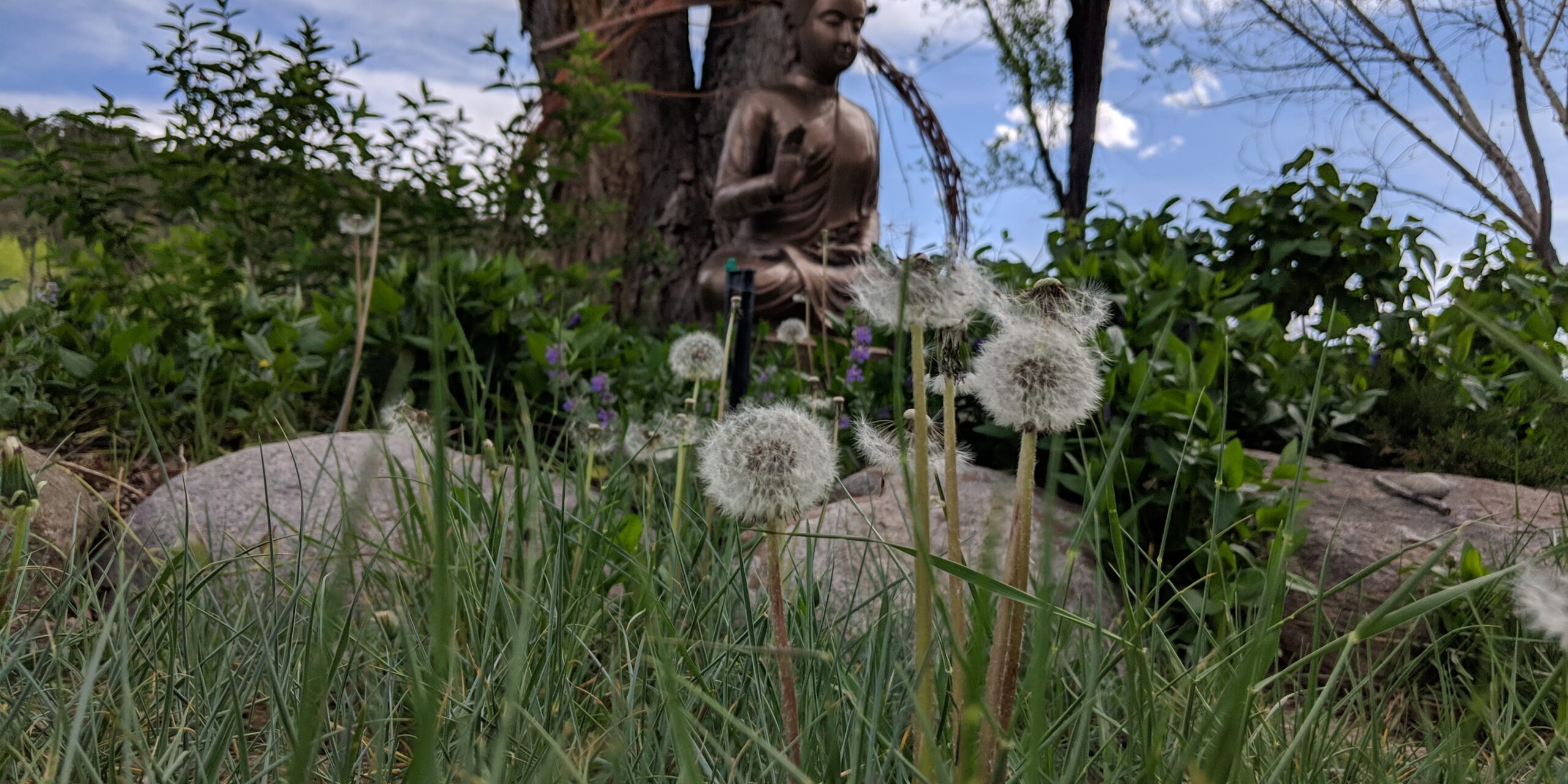The Lotus Sutra is one of the most fundamental and influential teachings in Buddhism, dating back to 150 CE. In April 2019, I was fortunate to attend a month-long practice period at Upaya Zen Center themed around this seminal text. We each chose one parable from the text to explore as suggested by teachers Joshin and Genzan. The contemplation of such work was reminiscent of working with koans, which are essentially Zen paradoxes used for the purpose of awakening. After a month, it was surprising to observe how much inspiration came from this type of practice.
I’d like to share my Lotus Sutra adventures with the hopes that inspiration comes to anyone reading about my process here. Interestingly enough, the decision to share my contemplative insights has been the main outcome of practicing and working with the sutra.

At the start, I resisted the idea of reading a book. I wanted to focus on my own internal process and empty my mind. The idea of pondering old and strange stories seemed counterproductive. However, my intention that I set for Ango was to surrender in a myriad of ways – especially the letting go of egoistic ideas that expressed dissatisfaction with intellectual analysis. With faith that the container of zen practice is helpful, I adhered to the forms in order to dissolve my individual preferences. The outcome was a decision to immerse myself in the collective process of working with the sutra, free from predilection.
My first challenge was choosing the story. The Lotus Sutra is believed to be a record of original teachings by Shakyamuni Buddha who used parables (i.e. stories) to explain important concepts in his philosophy. I read a short description of each parable and something touched me when I was reading The Medicinal Herb one. But I ignored it because it seemed to be boring. It is not even a story. There is neither a plot nor any action. There aren’t any heroes. It’s just a description of a forest. On the contrary, other parables such as Phantom City and The Jewel in the Robe, attracted my attention. They introduced a lot of objects that offered a ground for very rich interpretations. However, it appeared to me too easy – to obvious. It was definitely my intellect’s choice. I decided to follow my heart and spend time with The Medicinal Herb.
But how to work with the parable? The first step was straightforward – just familiarize myself with it – just read it.
Kashyapa, it is like the plants and trees, thickets and groves, and the medicinal herbs, widely ranging in variety, each with its own name and hue, that grow in the hills and streams, the valleys and different soils of the thousand-millionfold world. Dense clouds spread over them, covering the entire thousand-millionfold world and in one moment saturating it all. The moisture penetrates to all the plants, trees, thickets and groves, and medicinal herbs equally, to their big roots, big stems, big limbs and big leaves. Each of the trees, big and small, depending upon whether it is superior, middling or inferior in nature, receives its allotment. The rain falling from one blanket of clouds accords with each particular species and nature, causing it to sprout and mature, to blossom and bear fruit. Though all these plants and trees grow in the same earth and moistened by the same rain, each has its differences and particulars.
(translation by Burton Watson)

Intellectual interpretation popped up at once. Every living being gets the same teachings (dharma rain) but each one processes it in a different way. Every living being lives in the same reality (earth) but each one is different and gives different fruits.
We should not standardize dharma and expect that everyone will understand it in exactly the same way. It’s not a computer program that you can copy. Do not expect that everyone will understand teachings in the same way. Dharma can be only transmitted which means that it has to be rediscovered by every living being on its own. There are no shortcuts. Otherwise it is only an imitation of some external forms.
With the intention of surrendering my intellect, I decided to give up any impulse to find a mental understanding of The Lotus Sutra. I was more interested in my reactions to it and what feelings and associations it brought about. The sutra became, for me, more like a screen on which I could project my internal nature. I believe that any of the other stories would be good too. However, there was a chance that The Lotus Sutra was meant more to trigger my practice related aspects. Thus, I was just sitting with The Lotus Sutra and working with it like with a koan. However, I felt that The Lotus Sutra rather worked with me because I got seriously surprised few times. Anyway, I feel that something has transformed in me.
The motive that attracted most of my attention was this dynamic. Everything is in motion. Every being processes water, air, minerals, sunlight and produces something as a result. These products are consumed by other beings. I was amazed by this interdependence. It is something that can only have evolved. It can not be engineered because it’s too complex and too fragile.
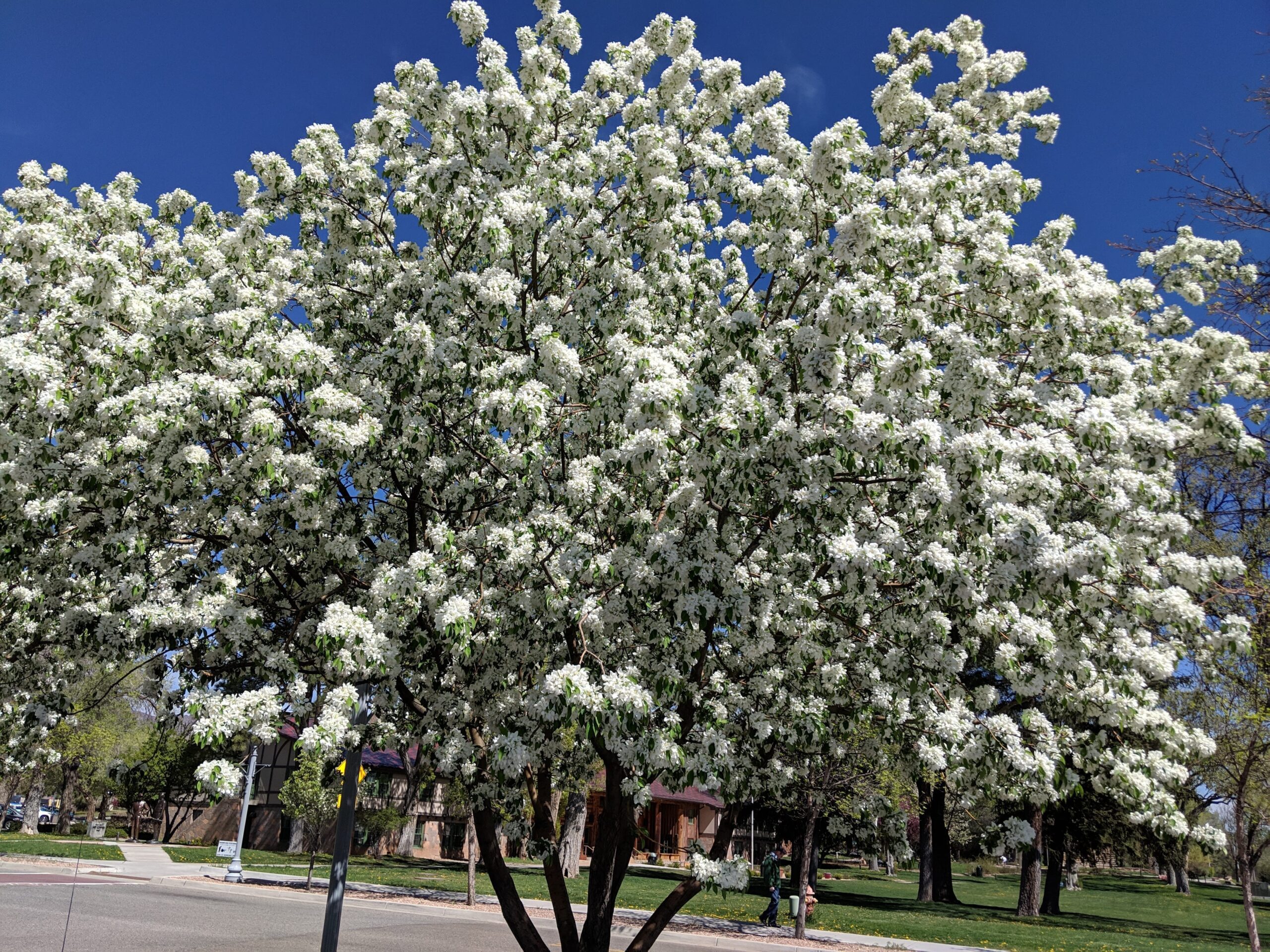
Every plant has it’s role. There are no weeds in the forest. A weed is a concept of a gardener in the garden. Plants coexists and adapt to each other. Some plants take over others become extinct. It’s also as natural as the cycle of birth and death.
I started to feel that I’m part of the nature. I recall when I was doing a hermitage in a forest. All animals and plants were in perpetual movement and expansion. It was visible to me that each specie had its own unique way of expressing its nature.
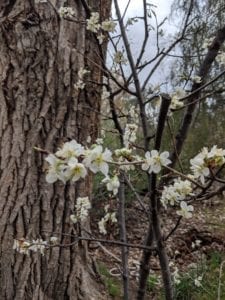 The more I observed that forest, the question of “who am I in all of this?” become more vivid. I asked myself:
The more I observed that forest, the question of “who am I in all of this?” become more vivid. I asked myself:
- “What kind of plant am I?“,
- “How do I process water, air, food, support of other people, anger, teachings I receive etc?”,
- “What are my fruits?”.
I stayed a longer time with these questions but felt that they do not bring anything alive. These questions had the same problem as most questions I ask – there was “I” in it. “I” or “me” in the question sets up ego in the center of the world.
Whenever I asked a question “what should I do now?”, I had a problem to find an answer. Everything seemed to be so pointless. When the question was changed to “What needs to be done?” or “What is worth taking care of?” things become more obvious. Whenever I was happy it was when I was full engaged in something but “I” was not important. “I” was only a resource for a bigger thing.

So I thought that I should have rather asked myself questions:
- “What forest am I part of?“,
- “What does that forest need?”,
- “What kind of plants or fruits does it need?”.
First, I thought that I am a tree. A tree is just a regular part of the forest. Other plants find shelter in shade, some use the trunk to support themselves. Next, I had this idea that I could be mushrooms. They decompose wood. Without them nutrition wouldn’t come back to the soil.
I realized that these associations were too trivial. I had an idea about being compost. Most people consider it something dirty and repealing unappealing. Whoever has worked with compost has a chance to see how much life there is in it. All these bacterias are invisible but very useful. Scientists still do not understand all the dependencies between them. Compost doesn’t have consolidated ego like a tree. A tree is a single organism that coordinates all internal processes. Compost is not monolithic. I like this idea of cleaning old and sick parts of the forest and delivering fresh nutrition to other plants.
I found all these thoughts too abstract very far from where I was at that time and place. So I started to think about the group of people I was practicing with:
- “What does the group need?”,
- “What do they need as individual people?”,
- “What is the most beneficial work I can do?”.
I could follow forms and share my thoughts in discussions. I had a feeling that it’s not enough. I saw how other people struggle. I really wanted to help them but I didn’t know how.
Whatever idea I had, I broke it into pieces and tracked its origin in a psychoanalytical way. Usually, I found some past events around which my motivation was build. I was thinking that I could help engineers and scientific minds to understand Dharma but I found out that actually, I’d like to help myself in the past when I was a computer programmer and lived in a very abstract worlds. So I become suspicious to this kind of impulses. Many other ideas came and in the same way I discarded them because it would be rather using others to give something to myself the helping them in fact.
Finally, I stayed confused and disappointed. I wanted to do something good. I had some resources and good will but everything seemed to be determined by my past. There was no freedom in it. Everything seemed to be just another story about myself and I wanted to force other people to play a role in it.
I started to question everything – even key concepts in Buddhism: “Why suffering is something we should avoid?“. Why do we assume that our main goal should be removing the suffering? It is functional – motivates people to find better solutions. What is so special about it? Why are we suspicious about other motives like becoming rich or famous, looking for a sensual pleasure but not about avoiding suffering.
Another term which we value so much is compassion. It is in the same way as suffering assumed to be obvious. All other Buddhist concepts are build on top of this assumptions. Other philosophical systems value other assets. Love is a key concept in Christianity. Science puts knowledge in the first place. Of course, they are connected somehow but they are not exactly the same.
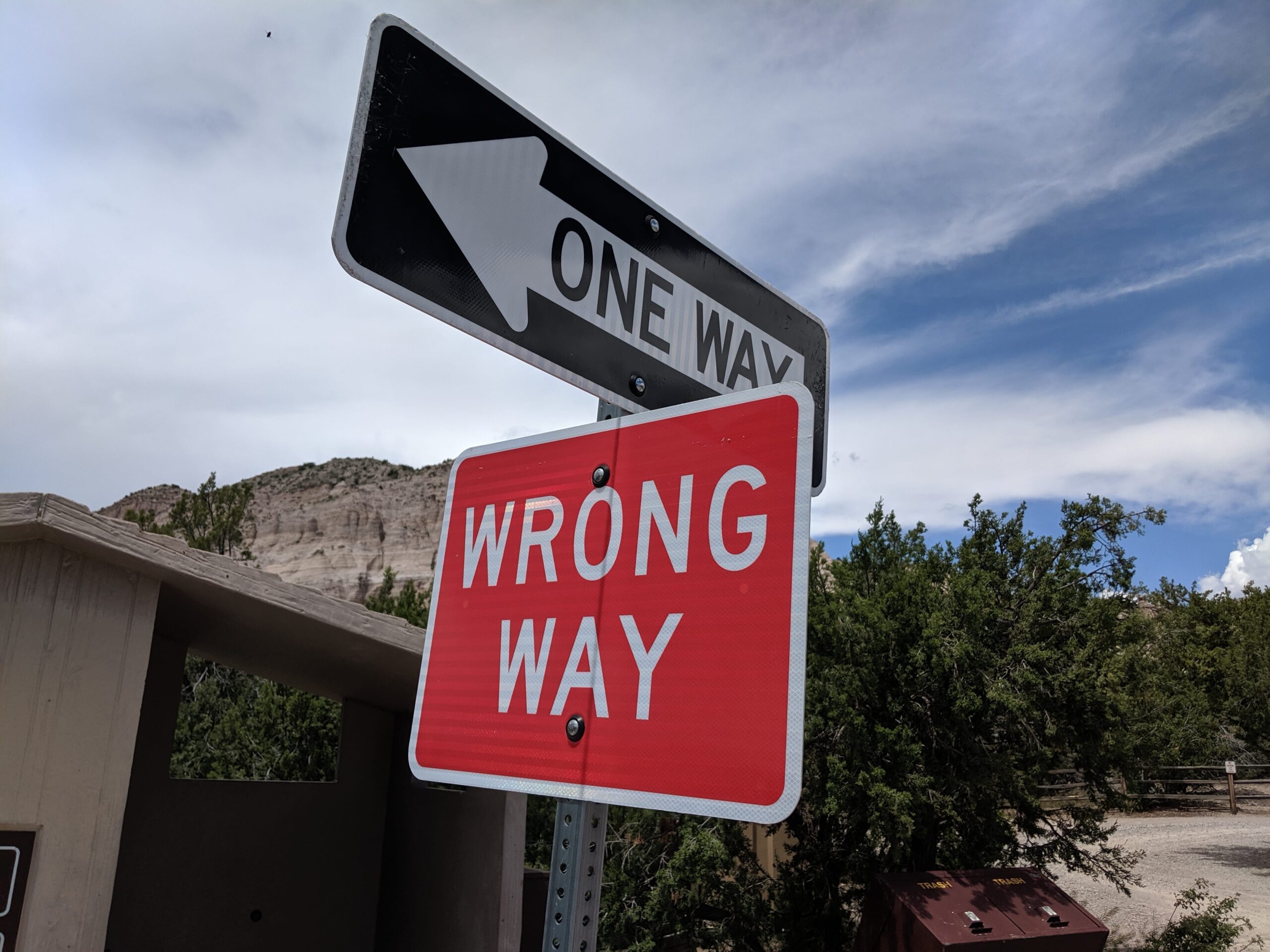
I got to the point when I questioned everything and I got depressed because everything was so meaningless. Meantime, somebody’s glasses felt on the floor. I picked them up. I didn’t think and analyse. I just did it. Another day, somebody was confused in the meditation hall, I showed her the way where to go. Again, I didn’t think at all. It was just an impulse. I didn’t regret that. It was so obvious that it is the right thing to do. Probably, I could have psychoanalyzed it and find the source of these actions but I didn’t bother. When I started to have this internal debate, again everything become pointless.
I realized that I tried to be an objective observer who would analyse everything and come with a perfect master plan how to improve the forest. In order to be completely objective I needed to be free from all desires and drives, even compassion and not looking for ending the suffering.
I noticed that it’s impossible. I’m part of that forest. Helping (like with glasses) is just a part of my nature. Stopping it or trying to get rid of it is unnatural. I have my “stories” – my triggers and I will act on them. I can not petrify myself, objectively analyse the situation and do the perfect action because I’m not independent. I’m part of the forest and every living being influences me.
On the other hand, I didn’t want just to be someone who automatically executes scripts. How to be an actor and an observer at the same time? What can I control and what not? I felt overwhelmed and I felt that these questions can not be easily answered.
Anyway, I still didn’t know what my life purpose is. What is worth that I devote my life to? Joshin – in one of his talks – suggested that we should investigate our past and we would know what was important for us. What did we engaged into would tell us what was meaningful? I’ll skip my search because it may be too personal. Generally, I’d like to be useful for other beings and the planet.
I noticed that I live in some kind of delusion that I must be a superhero who would save the world and I’m actually the only one who can do it. If I didn’t do it nobody would. Why do I believe that all resources are under my control? When watching other people, my impression is that this attitude is not so uncommon.
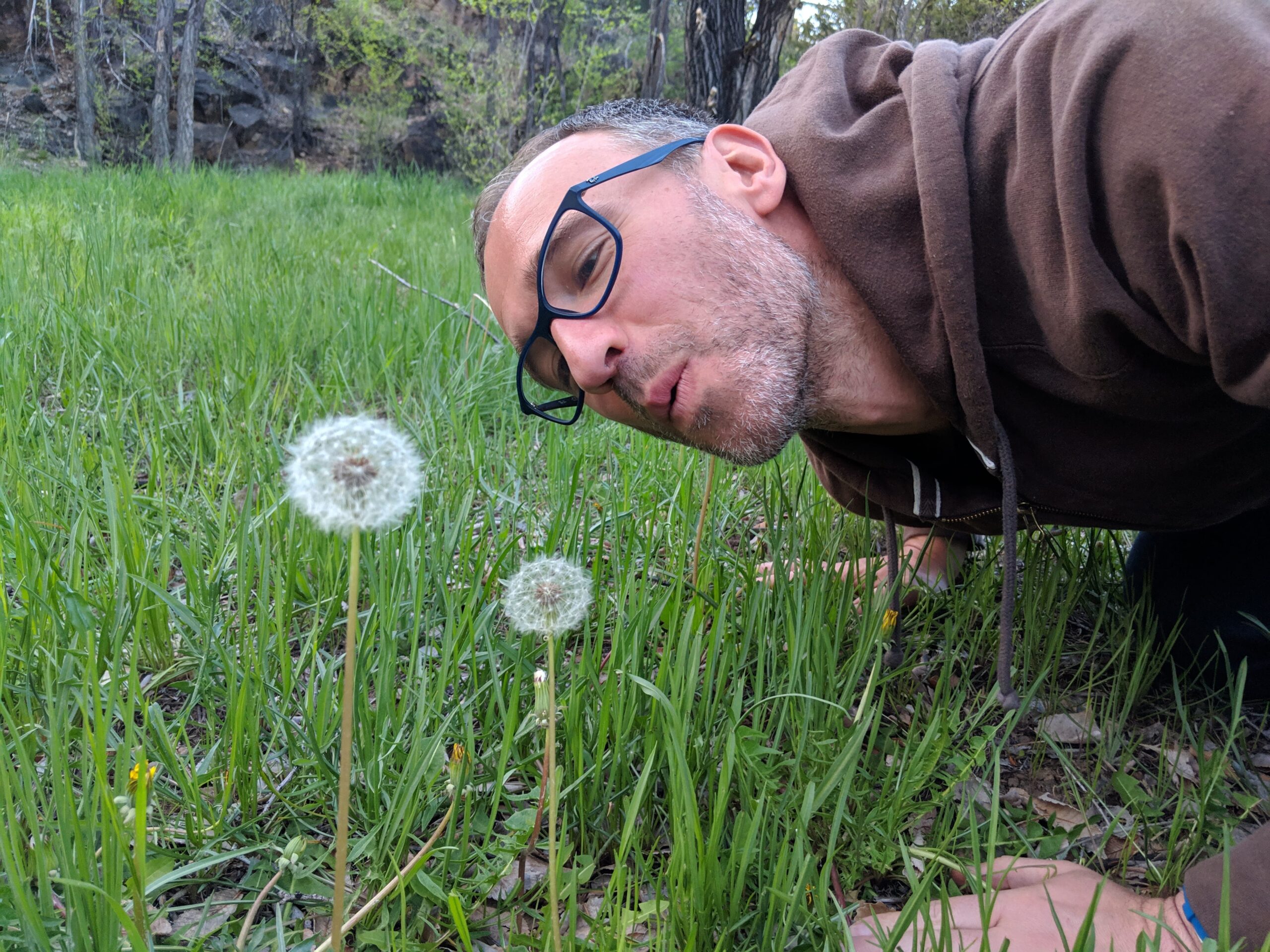
Moreover, I found that forcing my solution or even sharing my understanding with somebody who shows no interest is some kind of violence and it does not bring any improvements. Again, I recalled something that Joshin said: “the only thing we can offer another person is our love and attention“. It is just being with others – letting them to influence me, bearing that and reacting in mindful way driven by love. It reminded me my psychoanalytic profession which I had in past. That’s only how we could help our patients. In Buddhism, we would probably just call it a dharma friendship.
In The Lotus Sutra metaphor of the forest, each plant got its dharma allotment and processed it in the way that was typical for it. We can not resolve psychological (i.e. karmic) problems for others like we can not digest food for others. They have to do it by themselves.
I want to add one element to attention and love. It is inspiration. I think that I can try to live in a way that people can get inspired. It is more about being an available resource then a fanatic missionary forcing people to convert.

To be able to do it, I need to surrender my ego. Otherwise, it will try to duplicate itself like a computer virus in other people’s minds. And also I need to remember that “not knowing is the most intimate”. I can not be really close to anyone with my love and attention if I have some presumptions. I would just see dance of concepts in my mind not the person who is in front of me.
(Special thanks to Alexandra Rocchio and Tracy Tabak who help me with editing)

